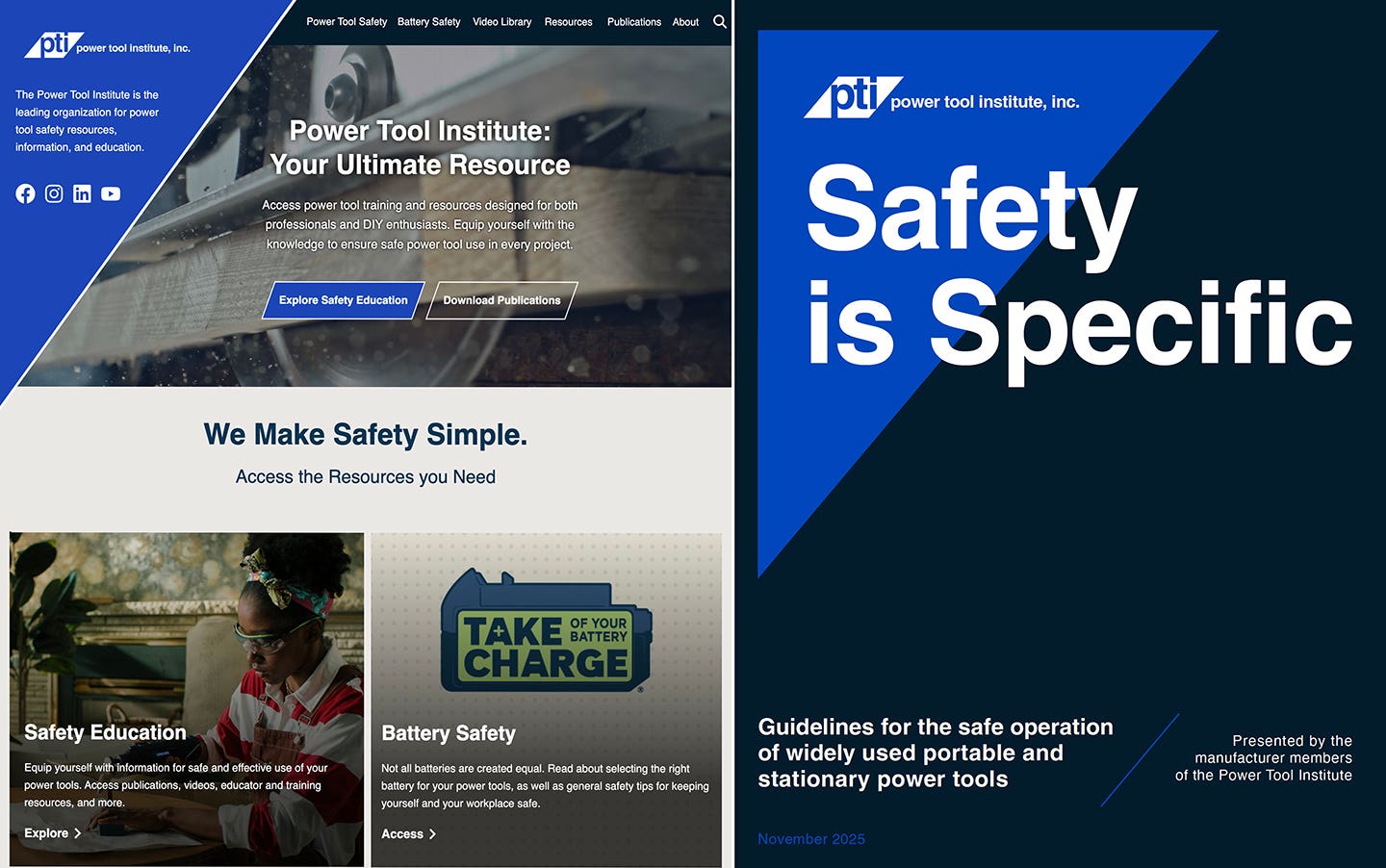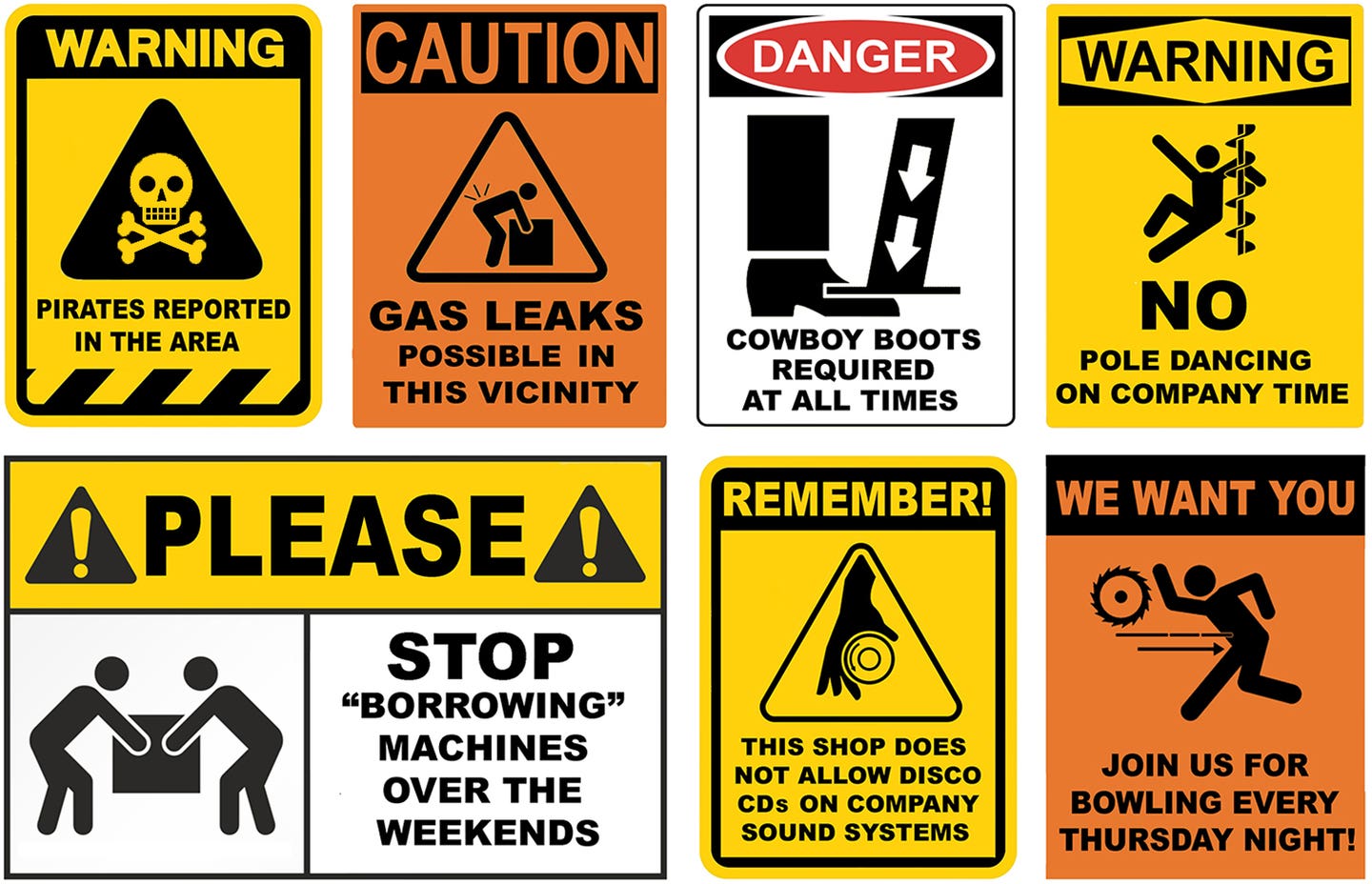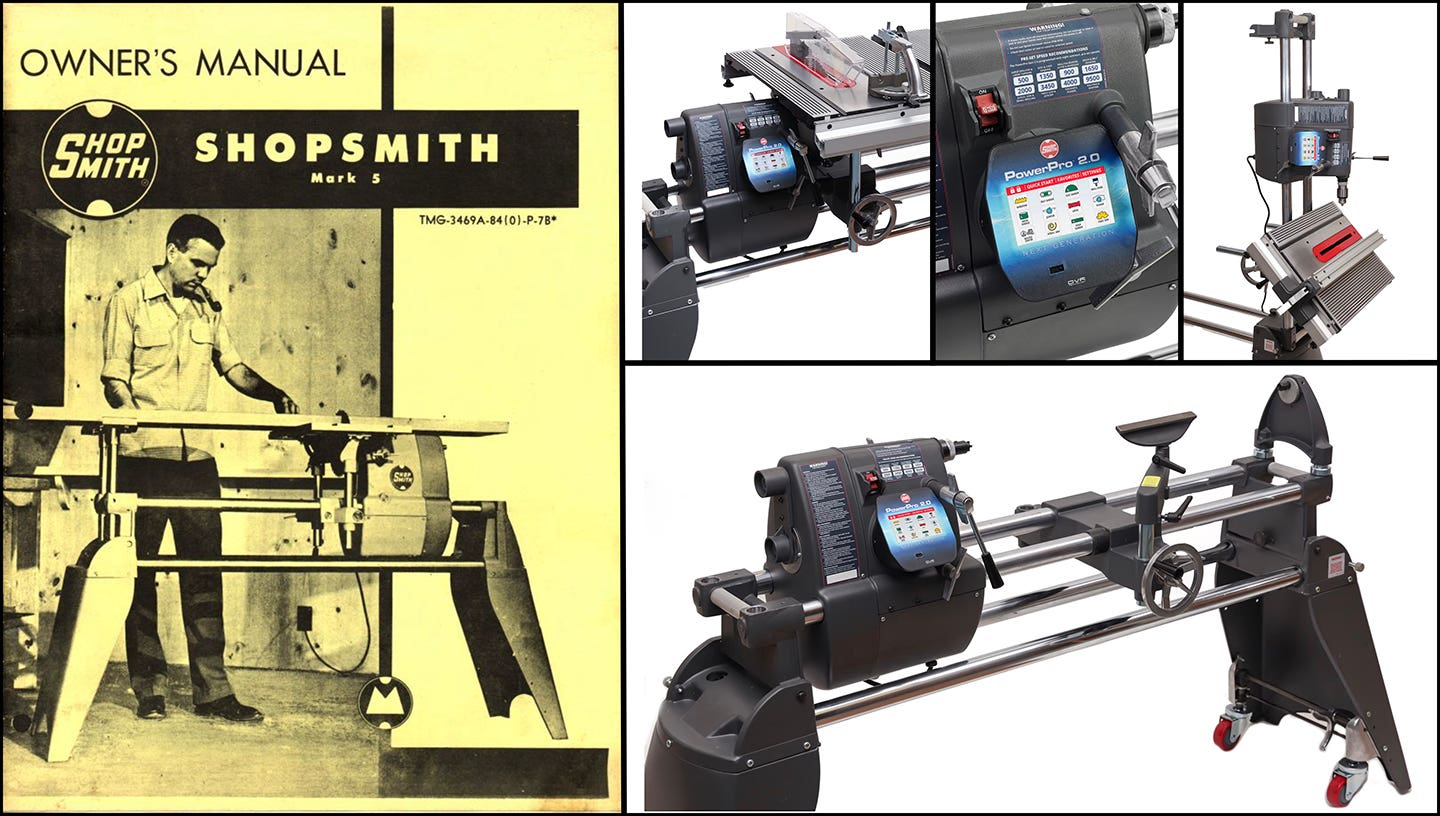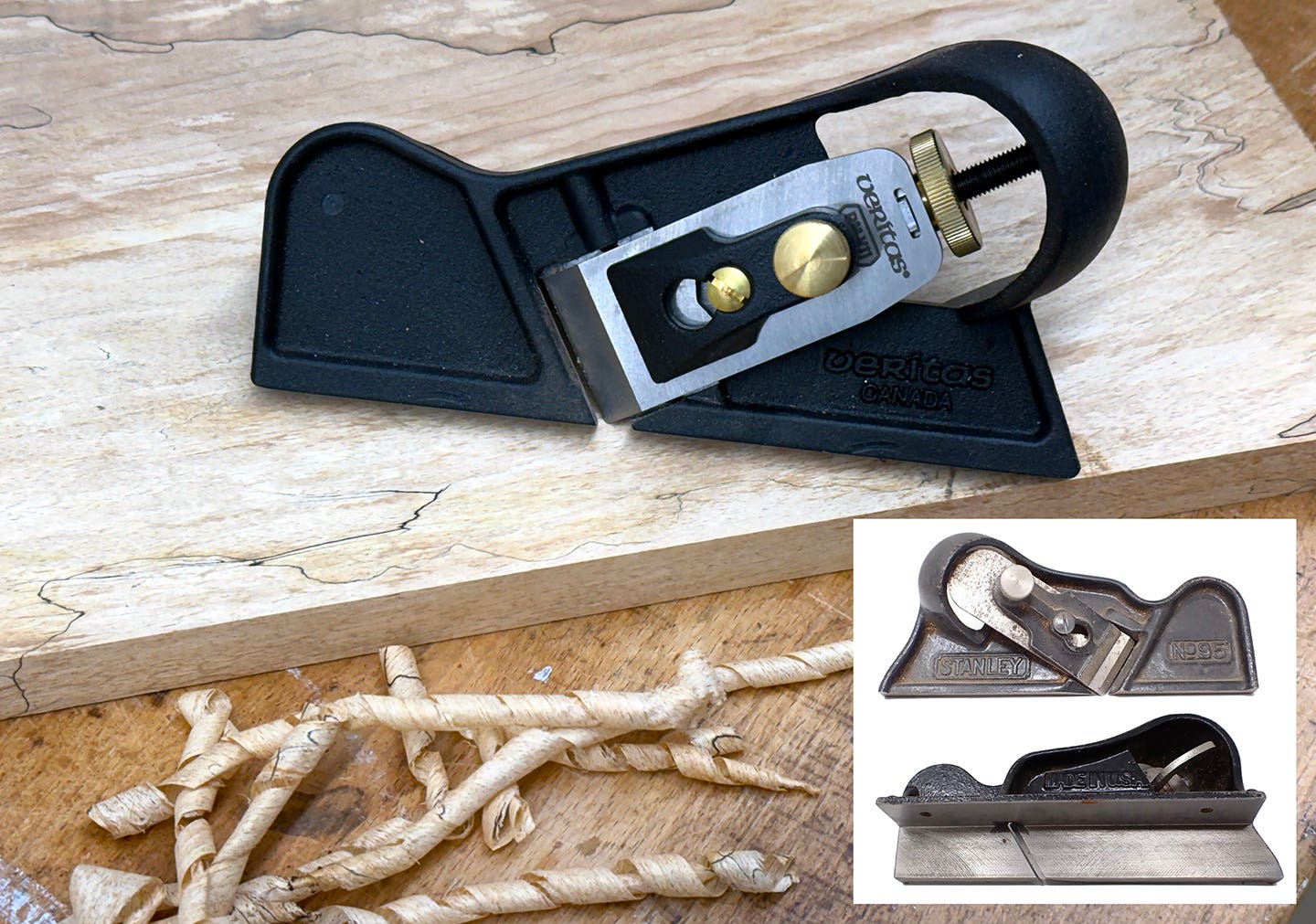Some helpful tools you sometimes overlook
Where do you think most people search for answers on unfamiliar topics? Most likely, they turn to Google or other Internet-based searches. But how much of the information on the…
Where do you think most people search for answers on unfamiliar topics? Most likely, they turn to Google or other Internet-based searches. But how much of the information on the Internet can you trust? Like any source, you have to wade through the mass quantity of data in order to pick out what makes sense. Like a cow that’s learned to chew the cud and spit out the stubble, those who possess the skill of acquiring information know that everything readily available is not always accurate. Intelligent consumers looking to make a large purchase compile information to help in their decision-making process. And when that purchase requires a custom woodworker, you can become part of their reliable sourcing.
One of the tenants of good scientific study is assembling large amounts of data before making a determination. Reliable statistics are not based on simple and quick numbers, but rather the accumulation of extensive test studies. Likewise, good decisions are generally based on reliable data. When consumers plan for a purchase, they want reliable information on products and manufacturers. It’s important they don’t waste their hard-earned dollars on inferior products. But data collection from online sources such as blogs, forums and Wikipedia are not enough to make quality decisions, especially in custom work. Small purchases are one thing, but complex, big-dollar acquisitions require better information to make sound choices. This is where you, the expert, come in.
Nothing compares to acquiring data directly from the source. Consider how the media reports the news. Breaking stories carry much more validity if the source of information is from a firsthand account, not someone who knew a person who was an eyewitness to the event. There are mountains of information to climb when a consumer journeys into the electronic data stream. And when they come into your territory, you can be their guide or outfitter.
There are several ways to go about it, but we’re going to discuss just a few: experience, psychology and diplomacy.
Experience
If you are a craftsperson making a living from a craft or trade, then you are an expert. It takes experience to make money from your trade, regardless of how many years you’ve been doing it. Hopefully, more years means more experience, but sometimes people continue to make the same mistakes without ever learning and this is not the kind of experience you want to share.
Other forms of experience come in the form of confidence. When people have success in what they do, they develop self-assurance that can either be beneficial to a customer or have a negative effect. The simple acquisition of knowledge only makes you arrogant and that doesn’t help anyone. It’s the proper application of that knowledge that you want to develop. Using your knowledge correctly creates wisdom, which is the best form of advice to give a client. They can find knowledge on the Internet, their neighbor or almost anywhere for that matter. But since wisdom is the practical application of that knowledge, it represents the most useful form of information they seek.
Psychology
You don’t have to be an expert in psychology to put good principles into action. Most of it is common sense, but a refresher in Social Psychology 101 might be helpful.
The Bystander Effect: This is the phenomenon that says when a greater number of people are present, the less likely it is for people to help someone in distress. With the presence of other people, there is a diffusion of responsibility. In other words, individuals don’t feel as much pressure to take action when they’re around other people. Another reason this happens is the ingrained need to behave in a correct and socially acceptable way. When other observers fail to react, individuals take this as a signal that a response is not needed or appropriate.
Because of the lack of knowledge, hiring a custom maker can be stressful for many people. Are you a bystander of information sharing or do you actively educate your clientele? Successful business practice goes on offense. As Apple founder Steve Jobs said, “People don’t know what they want until you show it to them.”
Conformity: Most people think they’re non-conformist enough to stand up to a group when they know they’re right, but conformist enough to blend in with their peers. Conformity refers to an individual’s tendency to follow unspoken rules or behaviors of the social group.
During the 1950s, Solomon Asch conducted experiments to demonstrate the power of conformity in groups. In the experiment, students were told they were participating in a “vision test.” Unbeknownst to the subject, the other participants in the experiment were all confederates of the experimenter. At first, the confederates answered the questions correctly, but eventually began providing incorrect answers.
Nearly 75 percent of the participants in the conformity experiments went along with the rest of the group at least one time. After combining the trials, the results indicated that participants conformed to the incorrect group answer approximately one-third of the time. In order to ensure that participants were able to accurately gauge the length of the lines (in the test), participants were asked to individually write down the correct match. According to these results, participants were very accurate in their line judgments, choosing the correct answer 98 percent of the time.
When you get pressed for answers or opinion, how do you respond? Do you maintain your expert status and stick to what you know is right or do you cede to ideas and opinions of others such as the client, the Internet, designer or other so-called experts that the client has assembled?
Diplomacy
Diplomacy is the art and practice of conducting negotiations between representatives of various groups or states. It also refers to the ability to handle affairs without arousing hostility. This is an important tool for the custom maker to have in their box. Diplomacy should always remain sharp. Tools that are used a lot will get dull, but if they make money, you’ll keep them in good working order. Diplomacy is one of those tools. You should be applying it’s principles on every job, for every client and when working with every employee.
I had a client a few years ago that canceled a job three weeks before we were scheduled to start. It was a 12-week job, had been rescheduled twice before at the client’s request and required me to turn down equally profitable work in order to fit it into the new schedule. To the client’s credit, they felt bad for pulling the plug and wanted to provide me with other work to begin four months later. Although I appreciated and accepted their offer, I also informed them that the deposit made on the canceled job was forfeited and would not be applied to the other work. Surprised that I was holding to the terms of the contract, they berated me for taking money I hadn’t “earned.” They refused to consider the three-month hole left in my schedule or the work I turned down to do their now-defunct job as reasons to uphold the agreed-upon terms. After a few weeks of negotiation, we came to an agreement that quite frankly neither one of us was happy with, but only because both parties had to make concessions.
Don’t underestimate the power of diplomacy. It requires patience, industry savvy and an ability to remain levelheaded. If it’s within your power to diffuse a situation, do it. Be willing to work with people. Not at the expense of your business, but as a part of doing business.
The art of reasoning will always end in a win-win situation with those you do work for. As you voice your expert opinion in a diplomatic way, you will not only lessen disputes and better educate your clients, but you will develop a stronger client base as a result. People like doing business with those they trust. Trust is not something you gain because you’re a likeable person, it’s given because you’re confident at what you do and you do what you say. Having the ability to articulate your knowledge in a way people understand will develop long-term relationships.
Good reasoning skills are not about telling people how much you know, but in educating them on how to put the knowledge and experience you possess into practical use for their benefit. After all, that is why they have asked you to be a part of their project. And not necessarily because you have tremendous knowledge on the subject, but because you know how to apply that knowledge to resolve their situation.
David Getts is a certified kitchen designer and owner of David Getts Designer Builder Inc. in Seattle.
This article originally appeared in the October 2013 issue.







